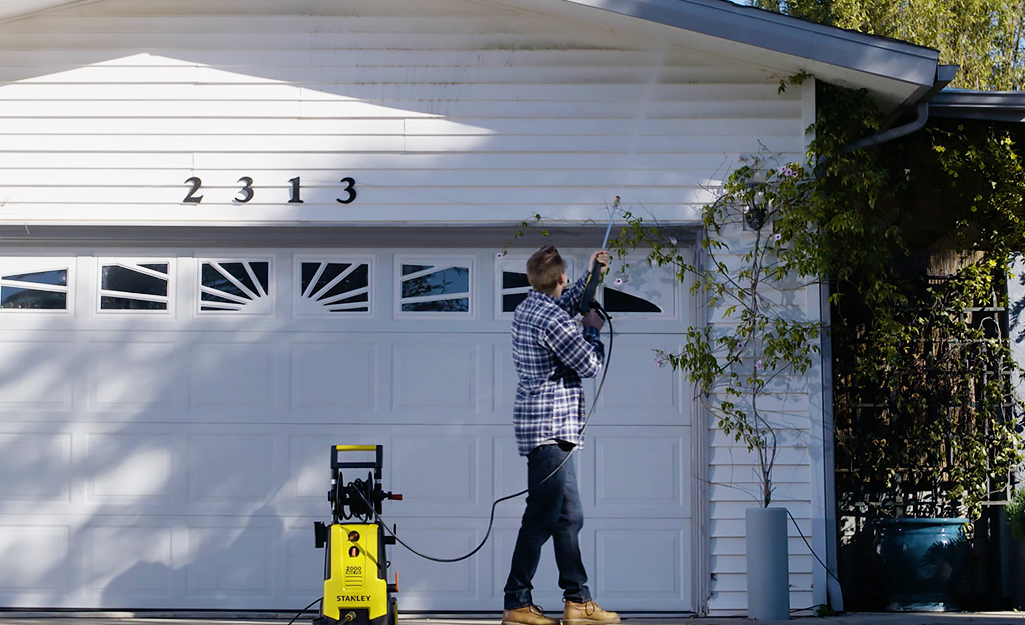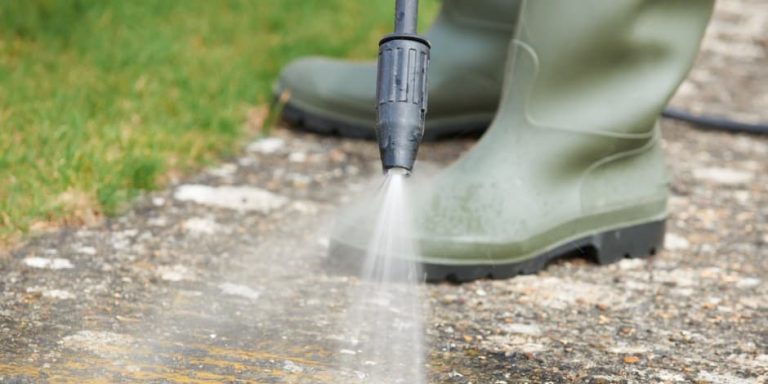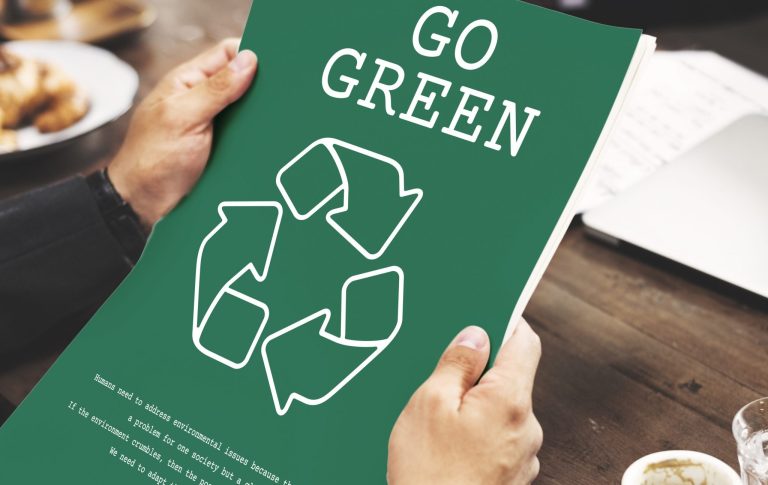
Residential power washing is one of the most popular ways to boost curb appeal and maintain property value. Whether it’s clearing grime off siding, blasting mold from the driveway, or prepping a deck for paint, a pressure washer can make short work of outdoor cleaning. 🧼✨
But while power washing is efficient, it can also have a negative impact on the environment—especially when done without regard for water usage, chemical runoff, or local ecosystems. Fortunately, with just a few mindful adjustments, homeowners can turn power washing into a sustainable, eco-friendly practice. 🌍✅
This article offers practical tips and insights to help you clean smarter, greener, and more responsibly.
💦 The Hidden Environmental Impact of Power Washing
Power washing may look harmless on the surface, but behind the satisfying before-and-after shots are some potential environmental issues, including:
- Excessive water consumption (hundreds of gallons per job) 💧
- Polluted runoff carrying soaps, oils, and paint chips into storm drains
- Damage to plants, soil, and nearby wildlife
- Noise and fuel emissions from gas-powered equipment
In areas with drought restrictions or stormwater concerns, irresponsible pressure washing can even result in fines or legal penalties. 🛑
✅ Eco-Friendly Power Washing Checklist for Homeowners
If you’re planning a DIY power washing project, follow these simple practices to reduce your impact:
1. 🧴 Use Biodegradable, Eco-Safe Cleaners
Always choose cleaning products labeled:
- “Biodegradable” or “Plant-Safe”
- “Phosphate-Free”
- “pH Neutral”
- “Safe for Use Near Storm Drains”
Avoid bleach, ammonia, and acid-based cleaners. They can damage your plants and pollute local waterways. Natural alternatives like vinegar-based or citrus enzyme cleaners are effective and safe. 🍋🧪
2. 💧 Limit Your Water Use
A typical power washer uses 2 to 4 gallons per minute. To conserve:
- Use a lower GPM setting
- Spot-clean only where needed
- Avoid letting water run when idle
- Sweep debris before spraying (less pressure needed)
Consider renting or buying high-efficiency models designed for home use that use less water without sacrificing cleaning power.
3. 🌿 Protect Plants and Landscaping
Before starting:
- Cover delicate flowers or shrubs with plastic sheeting or a tarp
- Reroute runoff away from garden beds and lawns
- Water plants thoroughly before and after washing (dilutes chemical exposure)
- Avoid spraying directly into the soil
Even eco-friendly soaps can affect soil microbes and plant health if over-applied. 🌱💦
Browse Amazon Here For Eco-Friendly Pressure Washing Detergents
4. 🚫 Block Off Storm Drains
Stormwater systems carry untreated runoff directly to lakes, rivers, and oceans. To prevent pollution:
- Use drain covers or rubber mats
- Direct runoff onto gravel or grass (if chemicals are safe)
- Vacuum up wastewater when possible
Bonus tip: Consider using a wash mat with a water recovery system for larger projects. 🧰
5. 🛢️ Maintain Your Equipment
A leaky power washer can drip oil or gas into your driveway, causing environmental harm and safety hazards. Keep your machine in top condition by:
- Checking hoses and nozzles regularly
- Servicing engines and pumps per manufacturer guidelines
- Switching to electric models for quieter, cleaner operation
If you’re hiring a contractor, ask what equipment they use and whether they follow eco-conscious practices.
6. 🧠 Choose the Right Time to Wash
Avoid washing:
- During rain (which spreads runoff faster)
- In high heat (which causes water to evaporate before it cleans)
- When windy (which can carry chemicals onto unintended surfaces)
Ideal time: early morning or late afternoon on a mild, dry day.
🧼 Should You Hire a Professional?
If you’re unsure about the process or want to minimize your environmental impact, hiring an eco-friendly power washing company may be a smart move. Look for contractors who:
- Use biodegradable cleaners
- Offer water reclaim systems
- Follow local environmental guidelines
- Are certified by green organizations (such as PWNA or EPA Safer Choice)
Ask about their runoff management plan and request a material safety data sheet (MSDS) for any chemicals they’ll be using.
🧪 Bonus Tip: Ditch the Chemicals Altogether
Many surfaces—especially newer ones—can be cleaned effectively using just water and pressure. Try a steam cleaner or hot water pressure washer for mildew, or a stiff brush and baking soda for small stains.
Sometimes the best choice is the simplest and safest. 🧽🌿
🌱 Benefits of Eco-Friendly Power Washing
By implementing the above practices, you’ll enjoy:
- 💸 Lower water bills
- 🌎 Reduced environmental impact
- 🐦 Protection of local ecosystems
- 🏡 A cleaner property with peace of mind
And in many areas, you may even qualify for green incentives or rebates through local environmental programs. It’s a win for your wallet and the world!
🧠 Final Thoughts
Power washing doesn’t have to be wasteful or harmful. With the right products, preparation, and equipment, any homeowner can enjoy sparkling surfaces without sacrificing the planet.
So before you grab that pressure washer and blast away, take a few extra steps to plan responsibly. Your home—and your environment—will thank you. 🌎💚
Clean responsibly. Rinse consciously. Live sustainably. ✅
Browse Amazon Here For Eco-Friendly Pressure Washing Detergents






